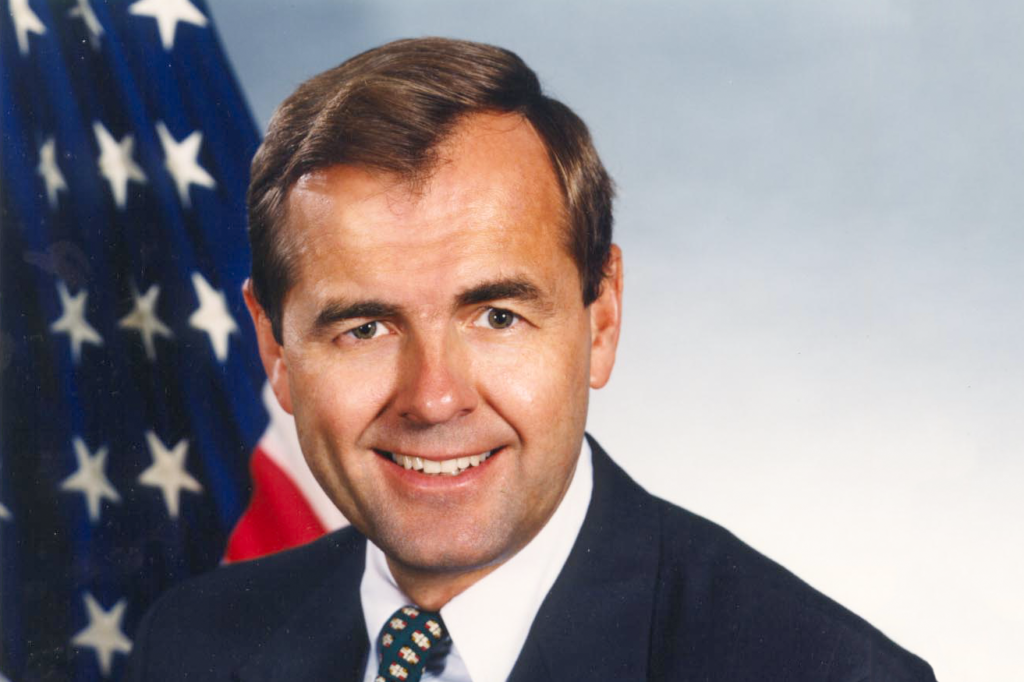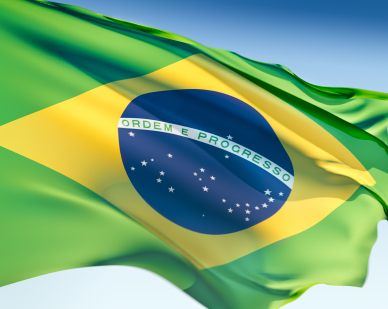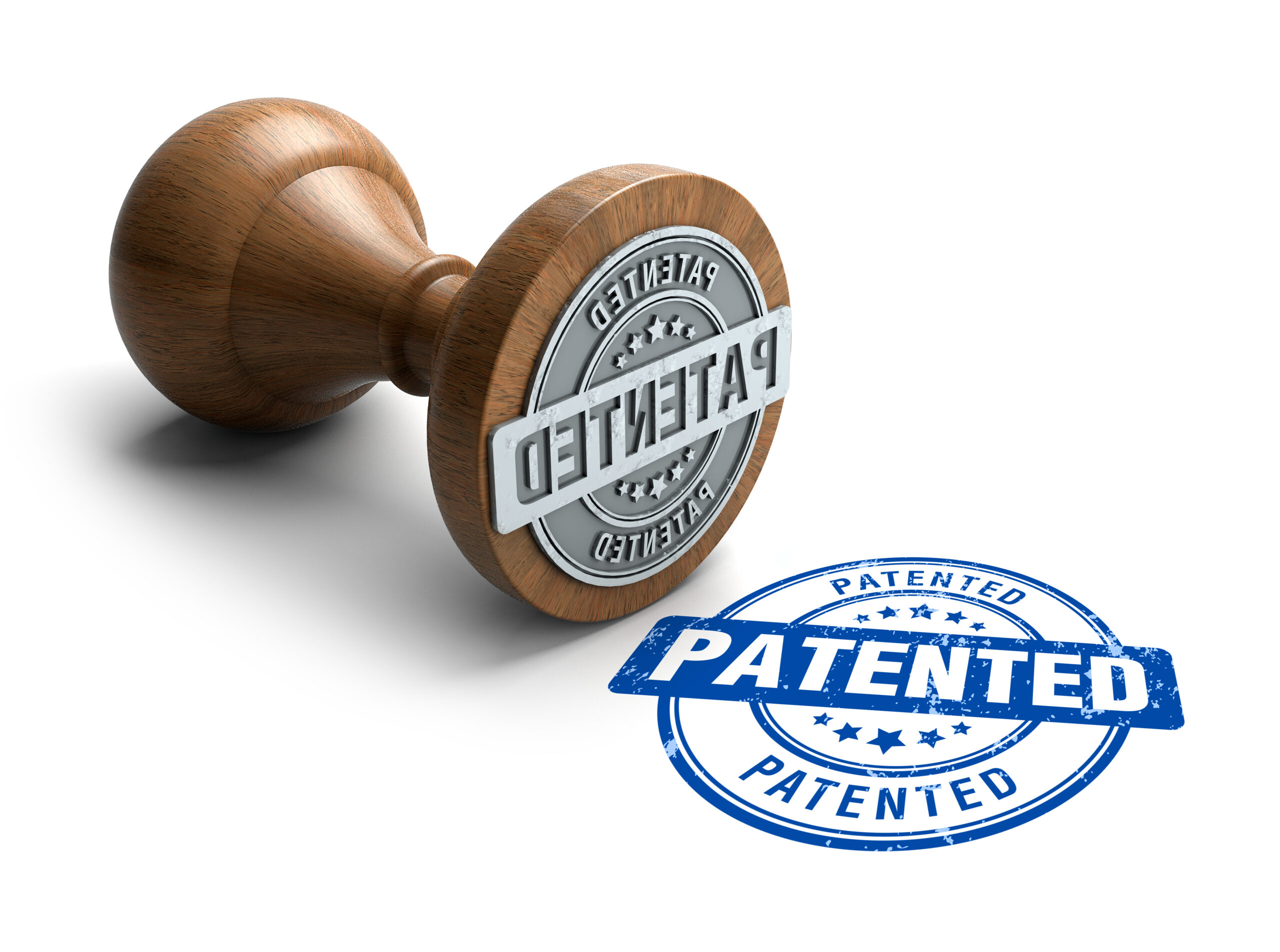The Honorable Bruce Lehman, Founder
Former commissioner of the USPTO and chair of the International Intellectual Property Institute
IP Hall of Fame inductee in 2006
The longest-sitting and first activist commissioner of the US Patent and Trademark Office, Lehman was an architect of the Digital Millennium Copyright Act and helped to negotiate the TRIPS agreement. He met monthly at the White House with President Clinton and his technology advisers and won an award from Vice President Gore for streamlining USPTO operations. He founded the International Intellectual Property Institute in 1999, a think-tank and development organization that has helped nations to understand, develop and harmonize their patent laws and facilitate commerce. The National Law Journal named him lawyer of the year in 1994, and in 1997 public-policy magazine National Journal named him as one of the 100 most influential people in Washington.

Featured Projects

IP Options for Protecting and Marketing Traditional Textiles
There are many unique and popular traditional textile products being produced by Indigenous groups around the world. Often, these products are made, marketed and sold by Indigenous or Indigenous-affiliated organizations without a solid understanding of intellectual property and the benefits it could confer. There are some examples of traditional textile producers using intellectual property (IP) laws and principles to quell copycats from misappropriating their culture and to secure higher prices for their genuine products. This success story will look at these examples and glean lessons that others can use.

Lessons from the Biofuel Industry in Brazil
Brazil is a leading developer of biofuels and a leading promoter of the increased use of flex-fuel automobiles. Not only are these decisions showing positive benefits in reducing carbon output for environmental health, but also Brazil has established itself as a technology exporter that brings positive economic benefits. This economic benefit relies on science and technology policy, research and development activity, as well as the need for intellectual property protection. The objective of this paper is to review the evident economic benefits of biofuels in Brazil and analyze the close relationship between technological development and intellectual property protection. Associated Report
Photo credit: Bjorn Kindler 2007

University Technology Transfer and National Innovation Policy
This booklet provides examples of university technology transfer offices in developing countries. Each office must work within differing national innovation policies, funding mechanisms and overall systems of innovation. That said, each office endeavors to commercialize university-produced innovations to the benefit of local communities, regional economies and national economic development. By highlighting these successes in innovation, this guide illustrates how such public to private transfer of technology can have a positive effect on the local as well as national economy of developing countries.


